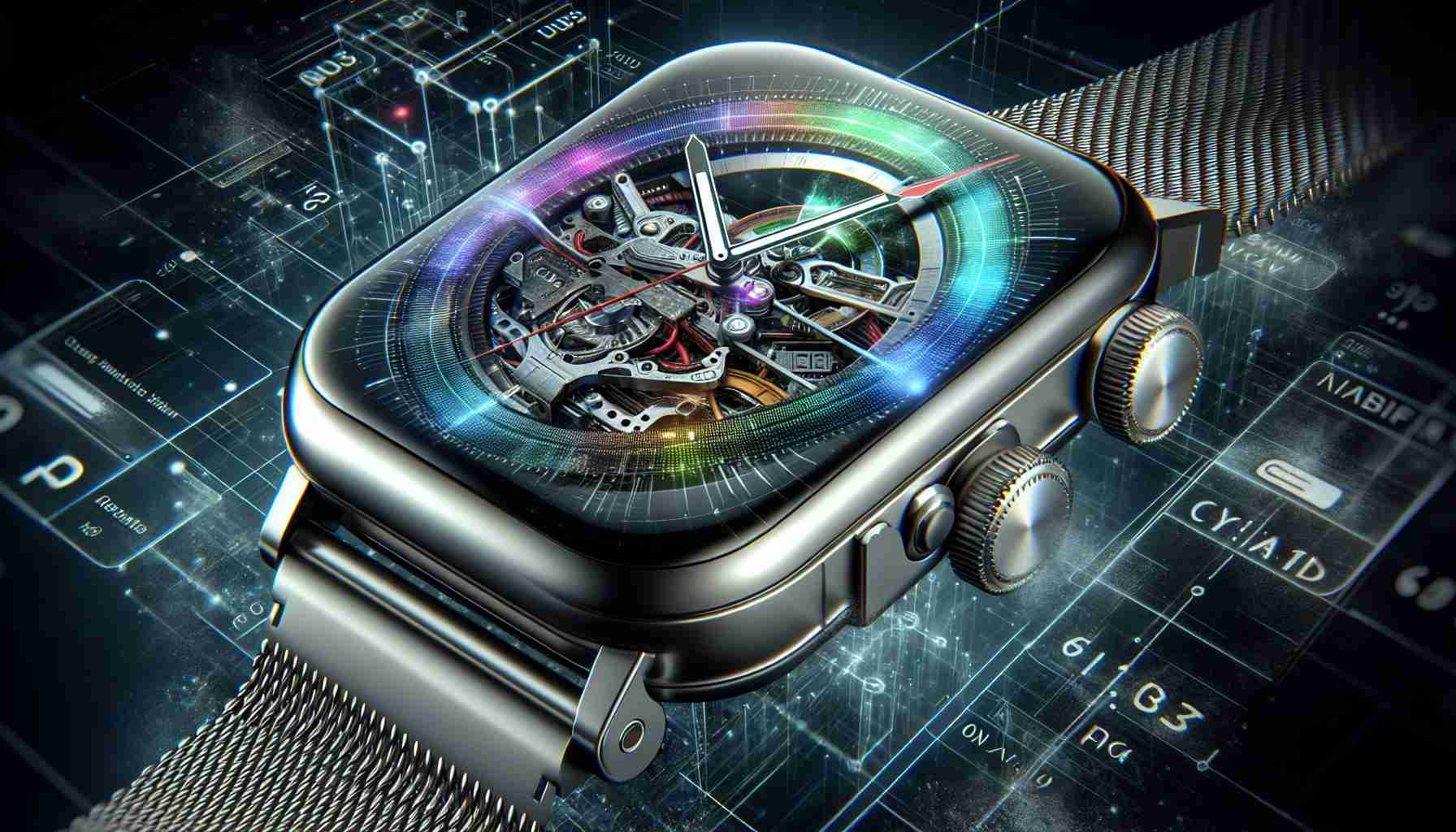The tech industry is no stranger to legal battles, where innovation and intellectual property rights often collide. In recent news, the Apple Watch Series 9 has become the focal point of a controversial legal dispute, sparking widespread debate in the technology sector. While the core issue involves a potential ban, the ramifications of this case delve much deeper into the future of wearable devices and the protection of intellectual property.
At the heart of the matter lies a patent infringement lawsuit filed by Masimo, a company specializing in pulse oximetry technology. Masimo alleges that Apple has violated its patents with the blood oxygen monitoring feature on the Apple Watch 9. In a landmark decision, the U.S. International Trade Commission (ITC) ruled in favor of Masimo, leading to a ban on the import and sale of the Apple Watch Series 9 and Ultra 2 models in the United States. However, Apple’s legal defense strategies have temporarily halted the ban, pending further court intervention.
The implications of this legal battle extend beyond financial consequences for Apple. The Apple Watch is not only a highly popular product but also a frontrunner in the global market for wearable medical devices. A permanent ban on the Apple Watch Series 9 could significantly impact sales and potentially tarnish Apple’s reputation as a pioneer in health technology innovation.
Beyond the financial realm, consumers are also concerned about the potential loss of essential health monitoring capabilities. While Apple CEO Tim Cook has emphasized the watch’s other features, the uncertainty surrounding the legal resolution could create hesitancy among consumers, impacting their purchasing decisions.
This case sets a precedent for intellectual property protection within the tech industry. It is not an isolated incident, as other companies like AliveCor are engaged in similar legal disputes with Apple. The outcomes of these battles have the power to shape the future of innovation and partnerships between industry giants and emerging startups.
As the legal saga continues, the entire tech community eagerly awaits the resolution and its potential consequences. Will Apple successfully navigate the legal challenges and maintain its dominant position in the wearable technology market? Or will this case force the company to adjust its strategy and outlook? Only time will tell, but this legal conflict serves as a reminder of the complex relationship between technological progress and the protection of inventors’ rights. Its impact on the future of the digital era and the technological landscape is sure to be profound.
The tech industry is a rapidly evolving sector that constantly faces legal battles. These disputes often revolve around intellectual property rights and innovation. One of the recent cases that has captured widespread attention is the legal dispute surrounding the Apple Watch Series 9. This case delves into the future of wearable devices and the protection of intellectual property.
At the center of the controversy is a patent infringement lawsuit filed by Masimo, a company specializing in pulse oximetry technology. Masimo claims that Apple has violated its patents with the blood oxygen monitoring feature on the Apple Watch 9. The U.S. International Trade Commission (ITC) ruled in favor of Masimo, resulting in a ban on the import and sale of the Apple Watch Series 9 and Ultra 2 models in the United States. However, Apple has temporarily halted the ban with its legal defense strategies, pending further court intervention.
The implications of this legal battle go beyond the financial consequences for Apple. The Apple Watch is not only a highly popular product but also a frontrunner in the global market for wearable medical devices. If a permanent ban is imposed on the Apple Watch Series 9, it could have a significant impact on sales and potentially damage Apple’s reputation as a leader in health technology innovation.
Consumers are also concerned about the potential loss of essential health monitoring capabilities if the dispute is not resolved in favor of Apple. The uncertainty surrounding the resolution of the case may create hesitancy among consumers, affecting their decisions to purchase the Apple Watch.
This particular case has broader implications for intellectual property protection within the tech industry. It is not an isolated incident, as other companies like AliveCor are also engaged in similar legal battles with Apple. These legal disputes have the power to shape the future of innovation and partnerships between industry giants and emerging startups.
As the legal saga continues, the entire tech community eagerly awaits the resolution and its potential consequences. Will Apple navigate the legal challenges successfully and maintain its dominant position in the wearable technology market? Or will this case force the company to adjust its strategy and outlook? The outcome remains uncertain, but this legal conflict serves as a reminder of the intricate relationship between technological progress and the protection of inventors’ rights.
For more information about the tech industry, market forecasts, and related issues, you can visit reputable sources such as:
– Statista: A renowned statistics portal that provides a wide range of data and forecasts about various industries, including the tech sector.
– Gartner: An influential research and advisory company that offers insights, market analysis, and trends in the technology industry.
– IDC: A global provider of market intelligence, advisory services, and events for the information technology, telecommunications, and consumer technology markets.
– Forbes Technology: A dedicated section of Forbes that covers the latest news, trends, and analysis in the technology sector.
– TechCrunch: A leading technology media property that offers news, analysis, and coverage of startups, tech products, and industry developments.
